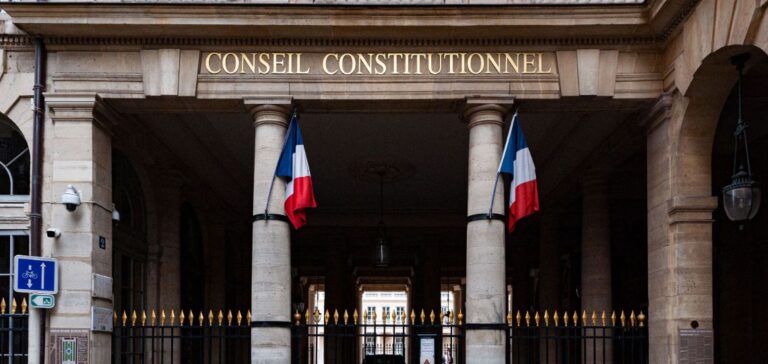The decision of the Constitutional Council to censor provisions in the 2024 Finance Act marks a pivotal moment in the regulation of remuneration contracts linking EDF to renewable energy producers. This initiative sought to address the “windfall effects” generated by the energy price surge in 2022 and 2023.
These contracts, introduced in 2015 to support renewable energy production, are based on a compensation mechanism. When a producer sells at a price below a reference tariff, EDF pays a premium to bridge the gap. Conversely, if market prices exceed this threshold, producers reimburse EDF with a “negative premium.”
An Excessive Measure
The legislator, by retroactively modifying these 20-year contracts, aimed to recover part of the extraordinary profits made by producers during the energy crisis. However, the Constitutional Council deemed this intervention excessively harmful to contractual commitments.
While acknowledging the general interest behind these adjustments, the decision emphasized that such modifications could have been limited to the extraordinary profits tied to the price crisis. By extending these corrections to all contracts, the contested provisions disrupted the initial economic balance of these agreements, crucial for investors in the energy sector.
A Transitional Framework Until 2025
To prevent immediate litigation and regulatory instability, the Council postponed the repeal of the provisions to December 31, 2025. This delay allows the legislator to propose a constitutionally compliant solution while maintaining stability in the market.
In the meantime, courts must suspend any decisions related to these provisions until a new regulation is implemented or until the end of 2025. This approach aims to protect the investment framework while offering a balanced response to market crises.






















